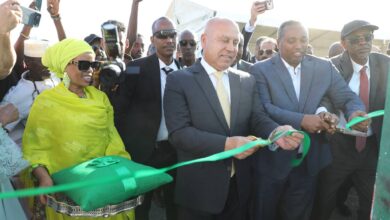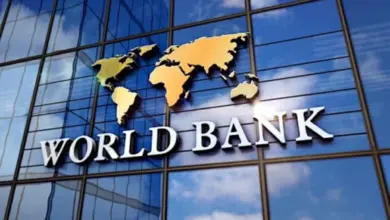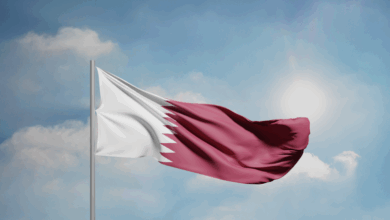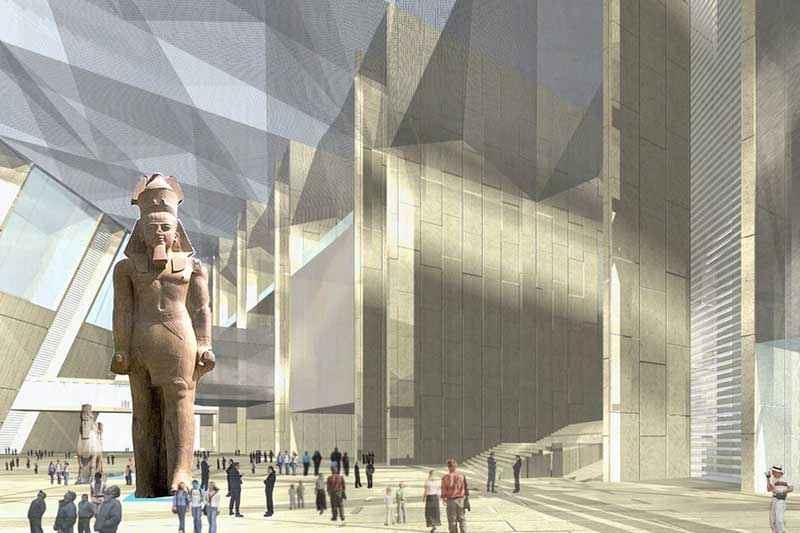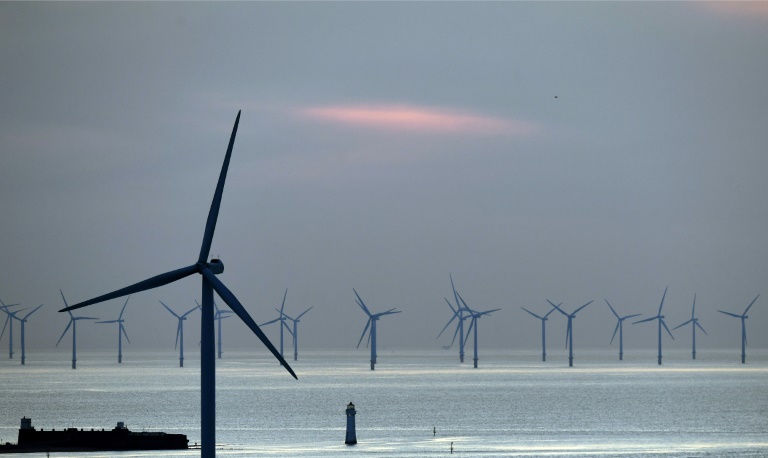
Electricity Minister Mohamed Shaker was among officials at an event on Thursday celebrating the start of construction on a new 250-megawatt wind power plant project in the Jabal al-Zeit area.
The wind farm is being built in cooperation with Lekela Egypt.
During the event, Shaker commented that reform policies in the energy sector have allowed officials to address the crisis of frequent power cuts in Egypt and generate more than 28,000 megawatts of electricity reserves during the past five years.
Shaker said that energy was one of the most important means to achieve peoples aspirations towards a better future and the main driver of economic and social development projects in Egypt.
The electricity sector has taken several steps to achieve a complete transformation towards comprehensive sustainability in the sector, he added.
Shaker remarked that Egypt has rich renewable energy sources, specifically in regards to wind and solar energy.
The electrical capacity that can be produced from these sources is around 90 gigawatts, he said, which prompted the ministry to allocate more than 7,600 square kilometers of land to renewable energy investment projects.
According to Lekela Egypt’s website, the company aims to provide “sustainable, reliable and competitively-priced power” in Egypt by “taking wind and solar projects from mid or late-stage development into long-term operation.”
Lekela’s website also notes the company’s West Bakr Wind project, which it says will produce 250MW of clean, reliable power at a highly competitive price. Situated in the Gulf of Suez, 30km north-west of Ras Ghareb, the project will provide power to the grid from 2021.
The company says the project should increase Egypt’s wind energy capacity by 18%, a key part of meeting the state’s renewable energy target of 20% by 2022.
According to a cabinet statement from December, eight projects were implemented in the field of renewable energy from 2014 to 2019 in Egypt, most notably the Benban solar project at a cost of $US 2 billion, a second Jebal al-Zeit wind power plant generating 580 MW at a cost of LE 12 billion, the Assiut barrage and its hydropower station, and three solar power stations in Siwa, New Valley and the Red Sea Governorate, at a cost of 60 million euros.
Edited translation from Al-Masry Al-Youm

